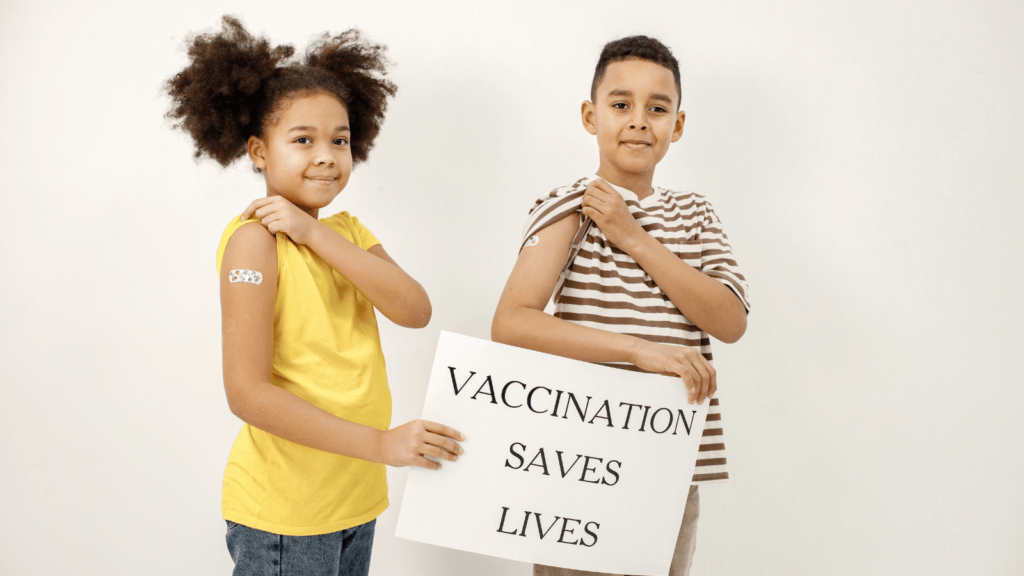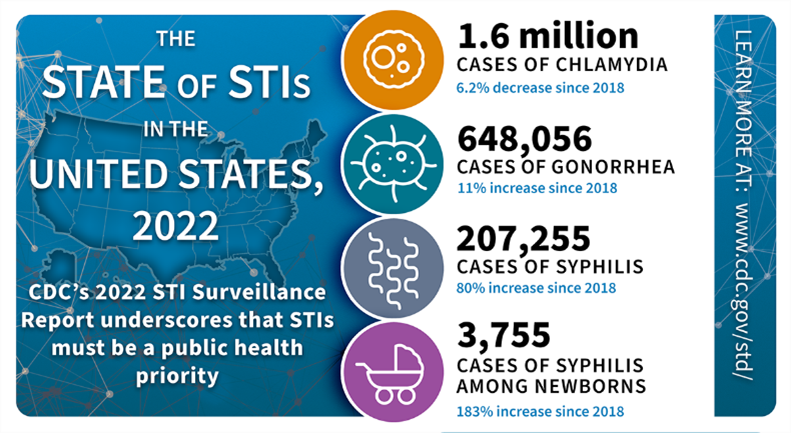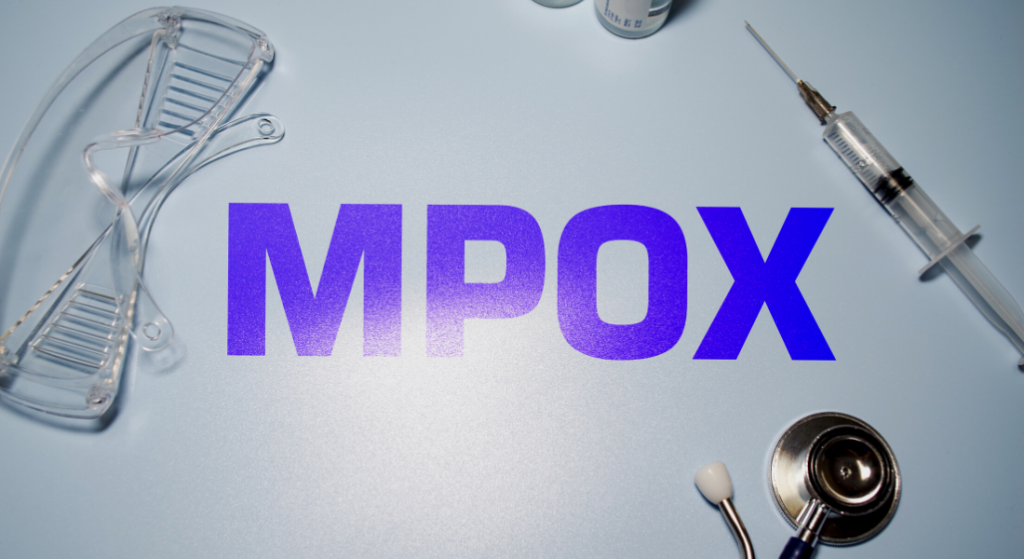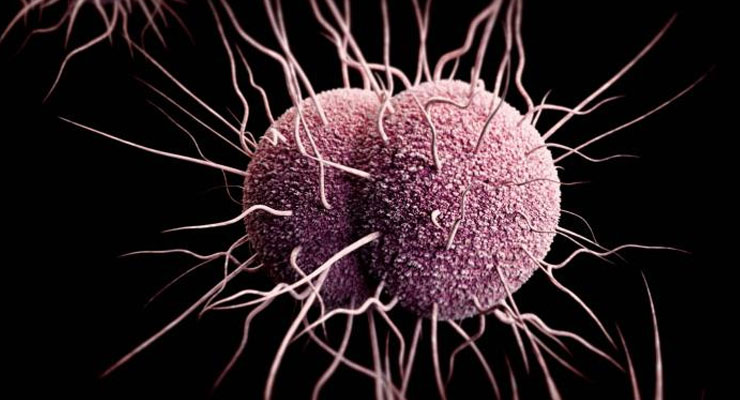Even More Evidence for the Value of Early HPV Vaccination

An exciting new study in Scotland found no cases of invasive cervical cancer in young women who had gotten the HPV vaccine by the time they were 14.
The State of STIs — CDC Reports an Alarming Rise in Syphilis

CDC released new surveillance data on sexually transmitted infections. There were 2.5 million cases of chlamydia, gonorrhea, and syphilis reported in the United States in 2022. Rates of gonorrhea and chlamydia remain high, and rates of syphilis have gone up an alarming 80% since 2018.
Celebrating Cervical Health Awareness Month in January

Cervical Health Awareness Month in January is a time to learn about cervical health and cancer prevention. The World Health Organization has a plan for the elimination of cervical cancer through vaccination and screening—we can get there!
Spread the Word about Syphilis Prevention

Syphilis cases in newborns are skyrocketing—up 183% since 2018. Congenital syphilis is a public health crisis. If you want to help spread the word about the state of congenital syphilis and syphilis prevention, you can share these images and messages below on all of your social channels.
Drug Shortage Means Pregnant Patients Get Delayed Care

As rates of congenital syphilis skyrocket, a severe shortage of the only antibiotic approved to treat syphilis in pregnant women is delaying care for pregnant patients.
CDC Warns About Worrisome New Mpox Outbreak

An outbreak of mpox in the Democratic Republic of Congo (DRC) is worrying public health officials. This is the largest outbreak in the country’s history and is caused by a deadlier type of the virus than the one that spread across the globe in 2022.
A Step Forward for STI Testing: FDA Approves an At-Home Testing Option

For the first time, the Food and Drug Administration has given market authorization to an at-home test for chlamydia and gonorrhea.
December Ambassador Resources
World Aids Day – December 1st Today we unite to support people living with #HIV and remember those we’ve lost 🕊️. Together, we can end the HIV epidemic. Learn more: https://www.unaids.org/en/2025-world-aids-day #WorldAIDSDay #StopHIVTogether #WorldAIDSDay2025 Download Image HIV can affect anyone, regardless of their sexual orientation, race, gender, or age. This #WorldAIDSDay, we must challenge misinformation, racism, […]
Words Matter: Minimizing STI Stigma in Healthcare Settings

Talking about STIs is still considered taboo and conversations about sexual behavior are often uncomfortable—even in a healthcare setting. Learn ways to communicate without assumptions or judgment.
New Antibiotic Shows Promise in Treating Resistant Gonorrhea

A new antibiotic could give health care providers a much-needed new tool in the fight against antibiotic resistant strains of gonorrhea.